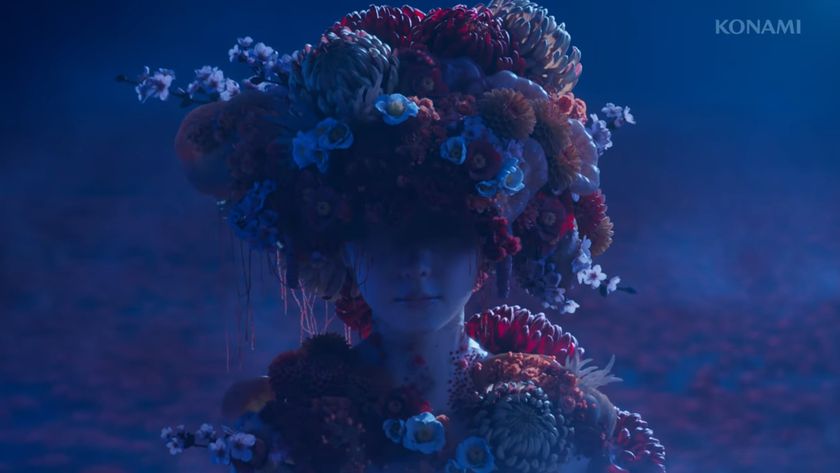In defense of one of PlayStation's most divisive giant cat-bird companions
Opinion | Stubborn, awkward; loveable, hate-able
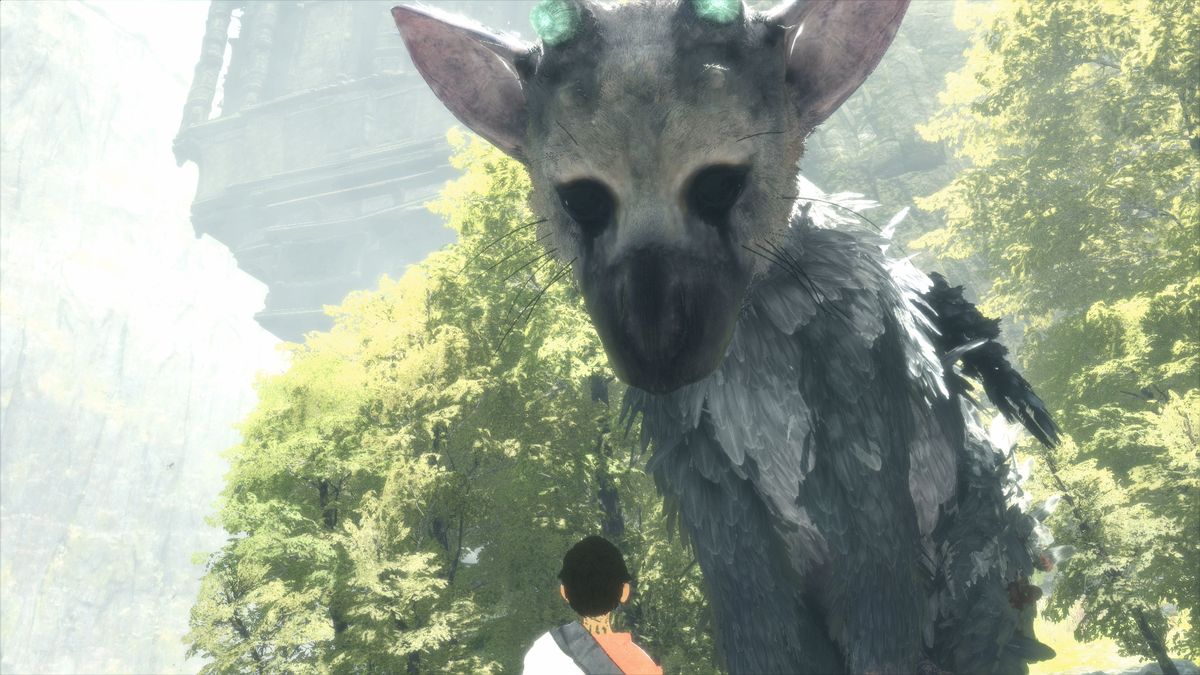
This should be easy. Trico’s your buddy, right? The giant cat-bird protects you from killer statues, lifts you up to otherwise inaccessible places, and keeps you company on a lonely, dangerous journey. Surely everyone loves Trico? Well, no.
Some who played The Last Guardian came to hate the chimeric beast more than any villain. In a way, it’s understandable.
It's always the quiet ones
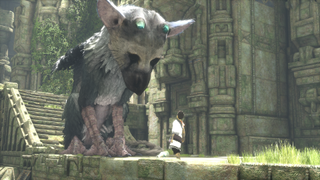

This feature first appeared in PLAY magazine - Subscribe here to save on the cover price, get exclusive covers, and have it delivered to your door or device every month.
Trico is, let’s say, stubborn, and doesn’t always respond predictably to the game’s young protagonist. In theory, he (the boy refers to Trico as “him”) obeys basic commands, enabling you to guide him around or tell him to leap across gaps or dive underwater. In practice, he might sit down and scratch his ear. Sometimes he stares blankly as you chuck barrels of food towards his gob, and they bounce off his face, then roll somewhere he can’t be bothered to fetch them from.
- PlayStation icon Shuhei Yoshida says a normal publisher would've canceled The Last Guardian, but even when it was running at 10-15 FPS on PS3 he insisted "we have to release it"
- Monster Hunter Wilds' story is as divisive as expected: some players hate the "relentless on rails handholding," others love the build-up to "the best scene in Monster Hunter history"
Trico might even accidentally boot you off the platform you’re on, or fall asleep on top of you, pinning you to the floor. But we all have friends like that. Trico, in short, has a mind of his own, and even if at times the AI routines are twitchy, that’s the point. The Last Guardian is about the growing relationship between boy and beast, and the more time you spend with the feathery oaf, the more he understands you.
Many games reward us for behaving like entitled tourists abroad, yelling instructions and expecting instant results. Trico needs patience and understanding, like a wounded dog whose trust you have to earn, albeit a really big one who might fall over and squash you. In the end, the bond with this uniquely lifelike creature is real – he’d die for you, you ingrate.
As awkward as he can be, you’re lucky to have him.
This feature first appeared in PLAY magazine - Subscribe here to save on the cover price, get exclusive covers, and have it delivered to your door or device every month.
Sign up to the 12DOVE Newsletter
Weekly digests, tales from the communities you love, and more
Jon Bailes is a freelance games critic, author and social theorist. After completing a PhD in European Studies, he first wrote about games in his book Ideology and the Virtual City, and has since gone on to write features, reviews, and analysis for Edge, Washington Post, Wired, The Guardian, and many other publications. His gaming tastes were forged by old arcade games such as R-Type and classic JRPGs like Phantasy Star. These days he’s especially interested in games that tell stories in interesting ways, from Dark Souls to Celeste, or anything that offers something a little different.
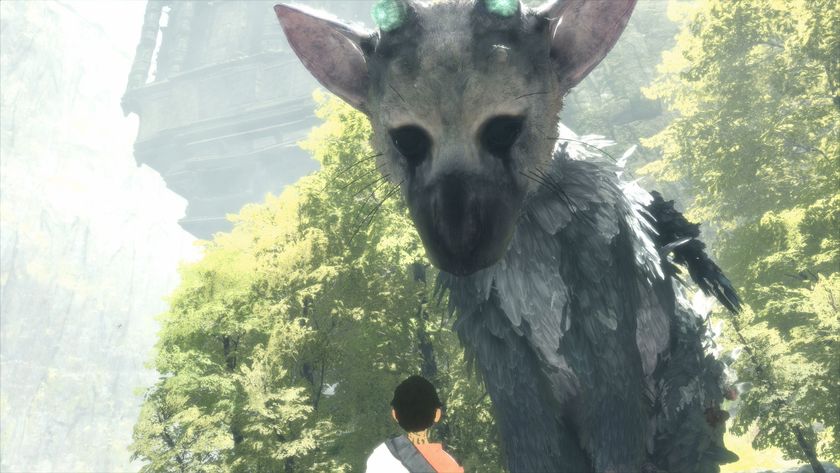
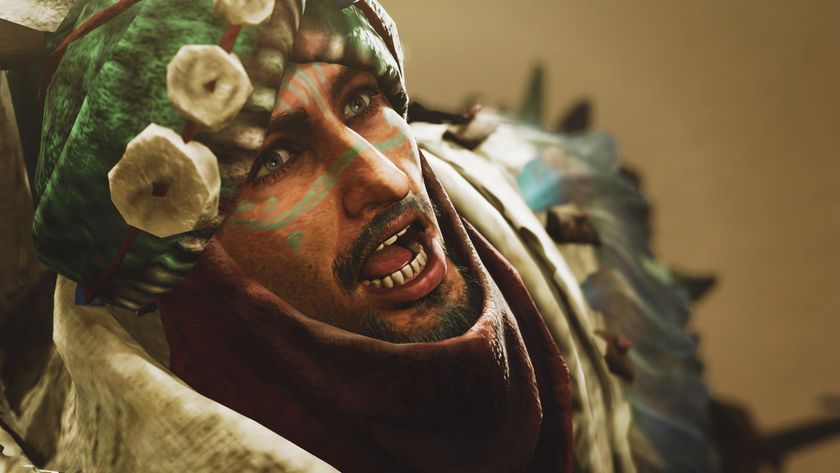
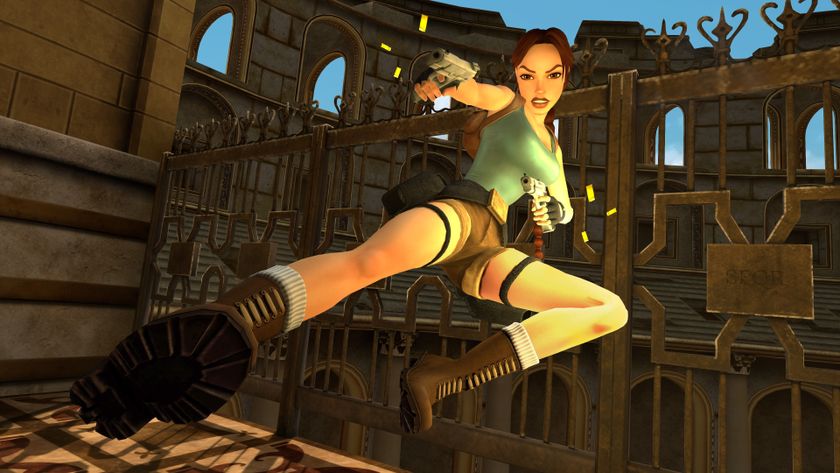
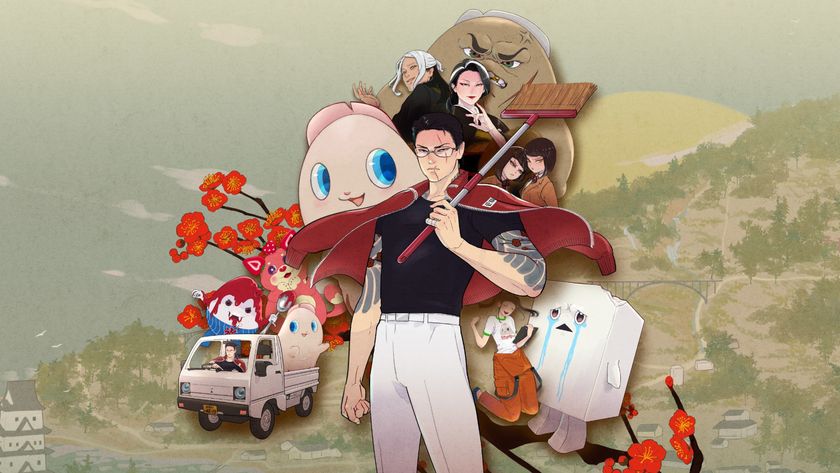
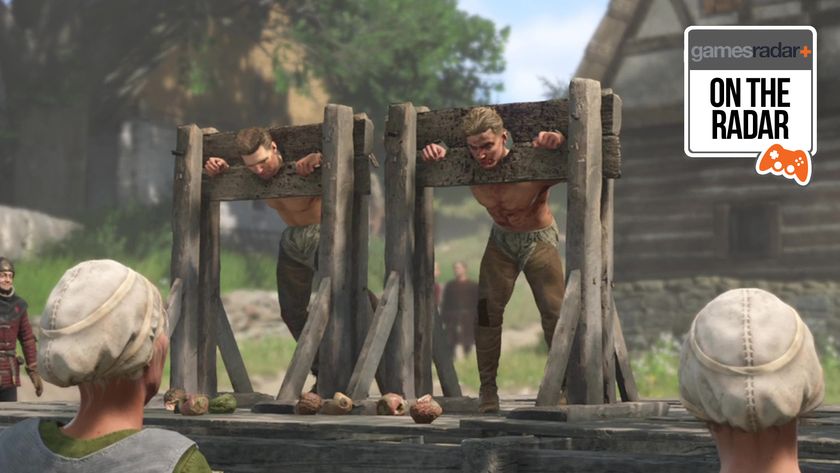
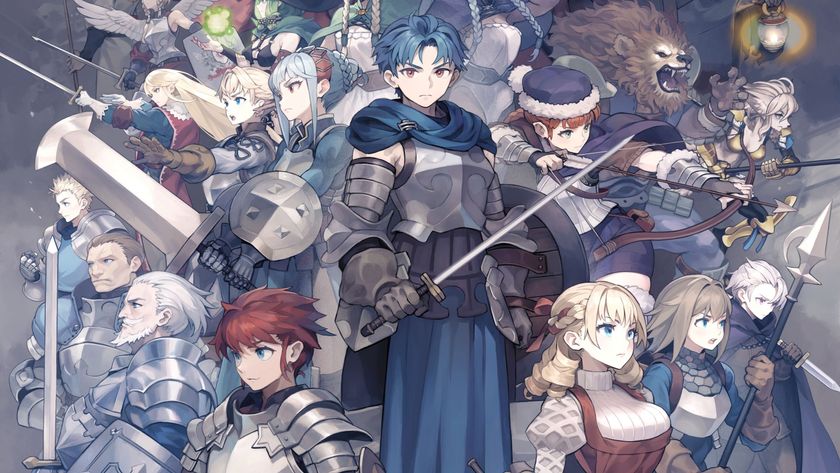
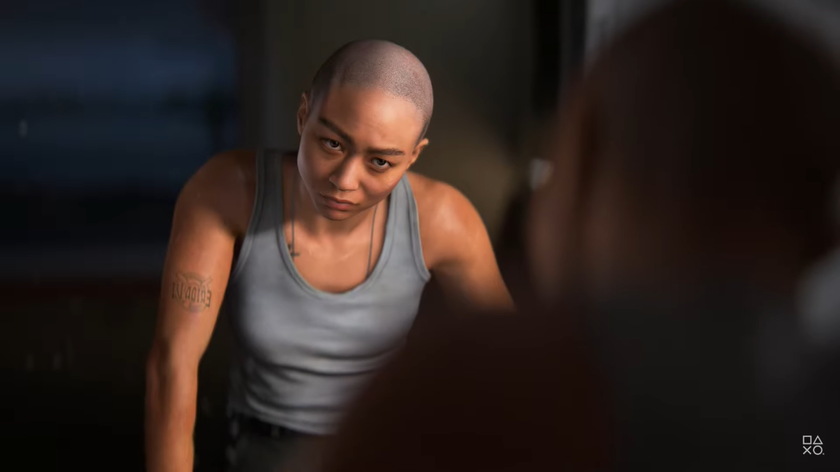

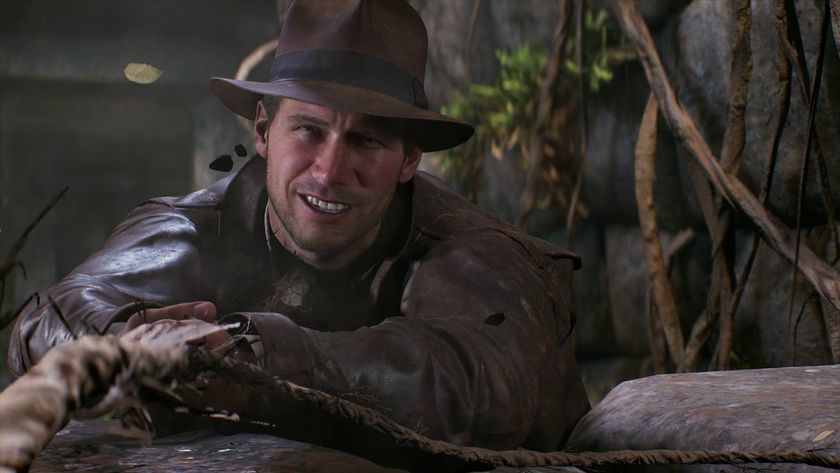
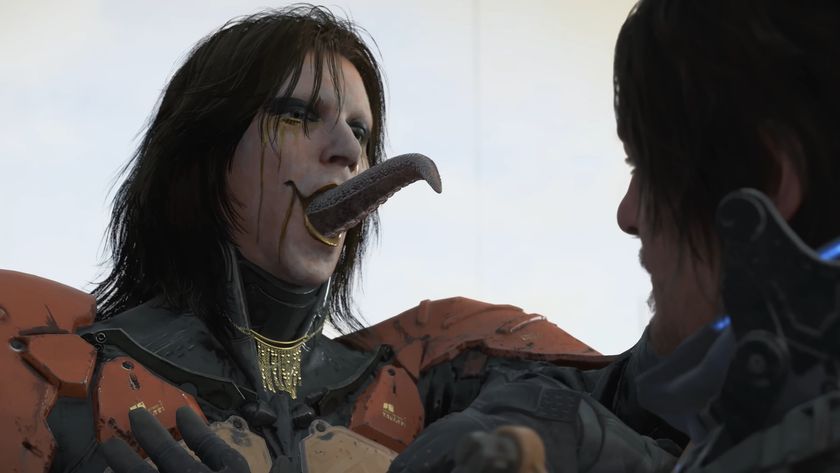
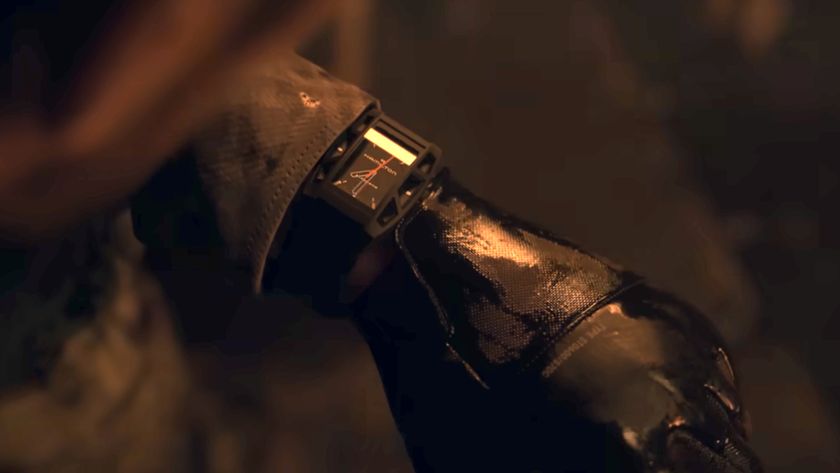
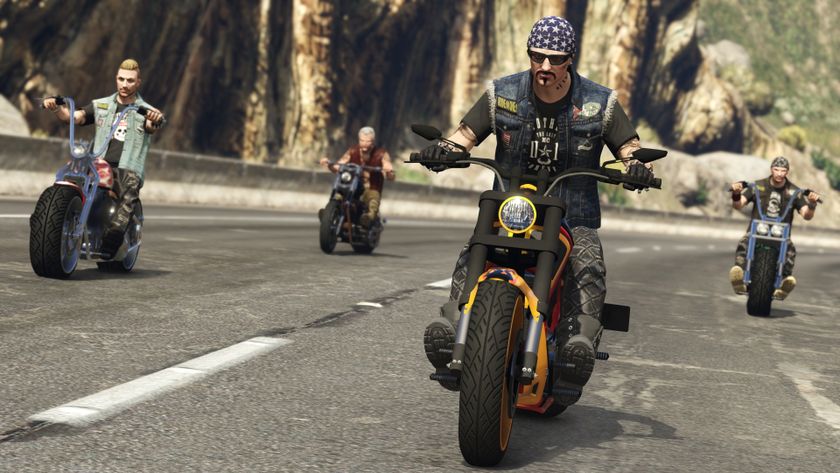







Intergalactic: The Heretic Prophet is "a game about faith and religion," which Neil Druckmann jokes will surely get less hate than The Last of Us 2

The Last of Us creator Neil Druckmann says Intergalactic: The Heretic Prophet will also be about "being lonely," as if his zombie apocalypse wasn’t isolating enough: "I really want you to be lost"
